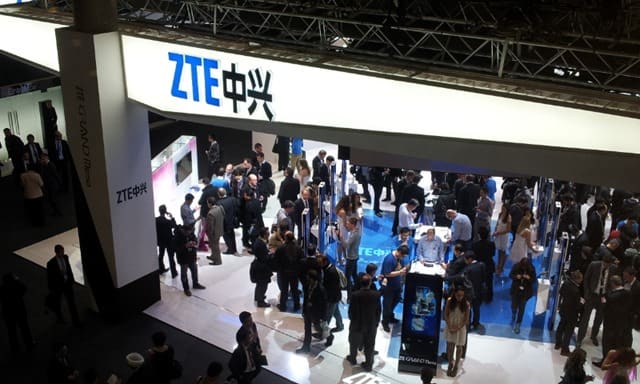The Patent Re-examination Board of the State Intellectual Property Office of the People’s Republic of China has invalidated a Chinese patent owned by Vringo, Inc., at the request of ZTE. The patent was for relocation of a protocol termination point in a communication system, and the Board ruled that the patent lacked an “inventive element.”
In June of 2014, ZTE announced that it was seeking to have the Board invalidate a total of 32 Vringo patents. Vringo and ZTE are also fighting over patent rights in Brazil, the UK, Germany, and Romania. ZTE stated that it had been attempting to negotiate a settlement with Vringo since 2012, under which it would license Vringo’s telecom patents on “fair, reasonable, and non-discriminatory” (FRAND) terms. ZTE filed an antitrust complaint with the European Commission, seeking an investigation of Vringo’s licensing practices.
Vringo is a publicly traded US company “engaged in the innovation, development and monetization of mobile technologies and intellectual property.” A non-practicing entity (NPE), it holds a portfolio of more than 500 patents and patent applications in the telecom, internet search, and mobile technology fields. Vringo has sought to enforce its patents against defendants including Google, which alluded to Vringo as a “patent troll” after Google was ordered to pay Vringo as much as $1 billion in a patent infringement suit in early 2014. However, in August the US Court of Appeals for the Federal Circuit ruled that Vringo’s patents at issue in the Google case were obvious, causing Vringo’s stock to fall 70%. Vringo also previously sued Microsoft, among other companies, and quickly negotiated a settlement.
ZTE, a publicly-listed Chinese company that sells telecommunications equipment and network solutions, submitted 2,309 filings under the Patent Cooperation Treaty in 2013, making it the #2 filer in the world. The company says that it devotes 10% of its annual revenues to research and development. (In contrast, Apple, for example, spends about 3% of its net sales on R&D.)
The Vringo-ZTE disputes illustrate the “crap shoot” nature of some patent licensing practices. A patent owner can achieve a billion-dollar win in one court, only to have its patents invalidated in another. Since litigation is expensive, win or lose, both patent licensors and licensees can avoid risk by entering into licenses on FRAND terms. The rub, of course, is coming to an agreement on what’s “fair and reasonable” – especially for a patent of questionable validity.


